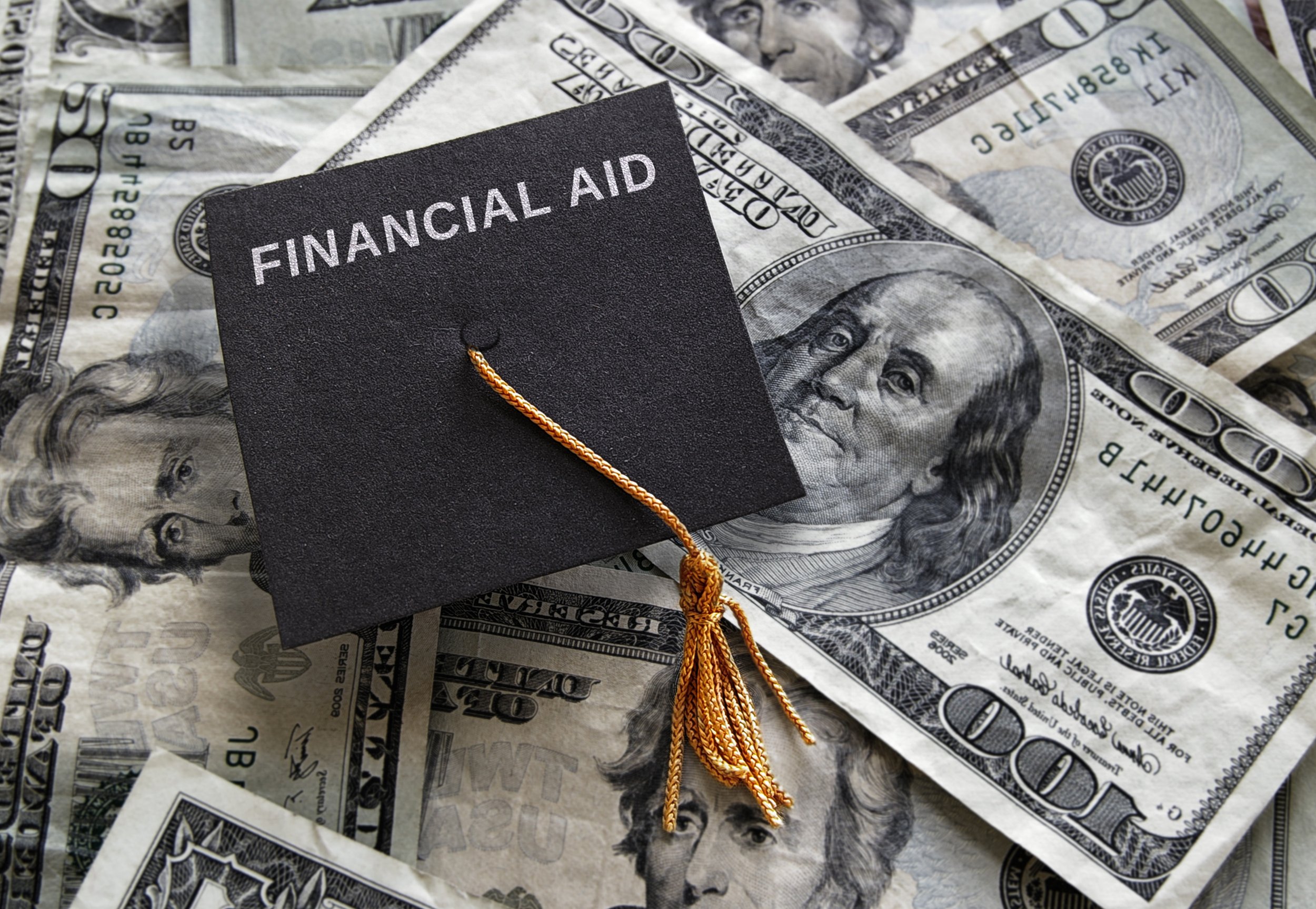College Insights
How you college is much more vital to college success than where you college. Less than 1/2 of college students graduate in 4 years, and about 25% of them drop out completely before graduating. The vast majority of these students drop out because they’ve faced a significant challenge, be it a difficult professor, a failed class, a bad relationship, doubt about their major, etc., and they didn’t have the coping skills to successfully resolve the problem(s) they faced.
This blog will feature articles, research, and commentary related to academic success, whether in high-school or college, and how students can prepare themselves to succeed at any college and effectively respond to and resolve the challenges they will undoubtedly face.
Boost Your SAT by August 23rd!!!
Preparing for the SAT isn’t about studying hard, it’s about practicing smart. Cogi’s online prep tool offers adaptive learning, in-depth analytics, and personalized study paths to help you maximize your score in the time you have before test day.
Mind the Gap: Expectations vs. Reality
Many students enter college with unrealistic expectations—and reality can hit hard. This post explores common mismatches and how students and families can prepare for a smoother, more successful transition.
Understanding How Student Loans Work: A Practical Guide for Families
Student loans can be confusing, but understanding how they work is essential for making smart financial decisions. Learn about loan types, interest rates, repayment options, and strategies to minimize debt while funding a college education.
Mastering Self-Regulated Learning: A Guide for Students and Parents
Self-regulated learning empowers students to take control of their education by setting goals, employing effective study strategies, and monitoring their progress. This guide provides actionable steps for students and parents to develop these essential skills for academic success.
Cogi’s Quick Guide to Adulting: Essential Skills for Thriving in Adulthood
From managing time and money to asking for help and solving real-world problems, adulting skills are key to thriving in college and life. This guide offers practical tips to help students grow more confident and capable.
What Really Makes a School “Good”?
A school’s reputation doesn’t always tell the full story. Learn how to evaluate what truly makes a college “good” by looking beyond rankings to factors like student outcomes, academic quality, financial value, and campus support.
How to Be Successful in College
Success in college isn’t just about grades—it’s about mindset, habits, and strategies. Learn how to develop key skills, stay motivated, and thrive academically and socially.
What Makes A Good College Application? Show. Don’t Tell.
A strong college application goes beyond listing accomplishments—it tells a compelling story. Discover how to make your application stand out by showing who you are through specific, memorable examples.
How to Write a Winning College Essay: A Detailed Guide to Crafting a Compelling Personal Statement
Crafting a compelling college essay is key to standing out in admissions. Learn how to tell your story, structure your essay, and highlight what makes you unique to impress college admissions officers.
How to Decide on a College: A Data-Driven Approach
Struggling to choose the right college? Learn how to compare your options using key factors like academics, costs, career outcomes, and personal fit. Make a confident decision with a data-driven approach.






















